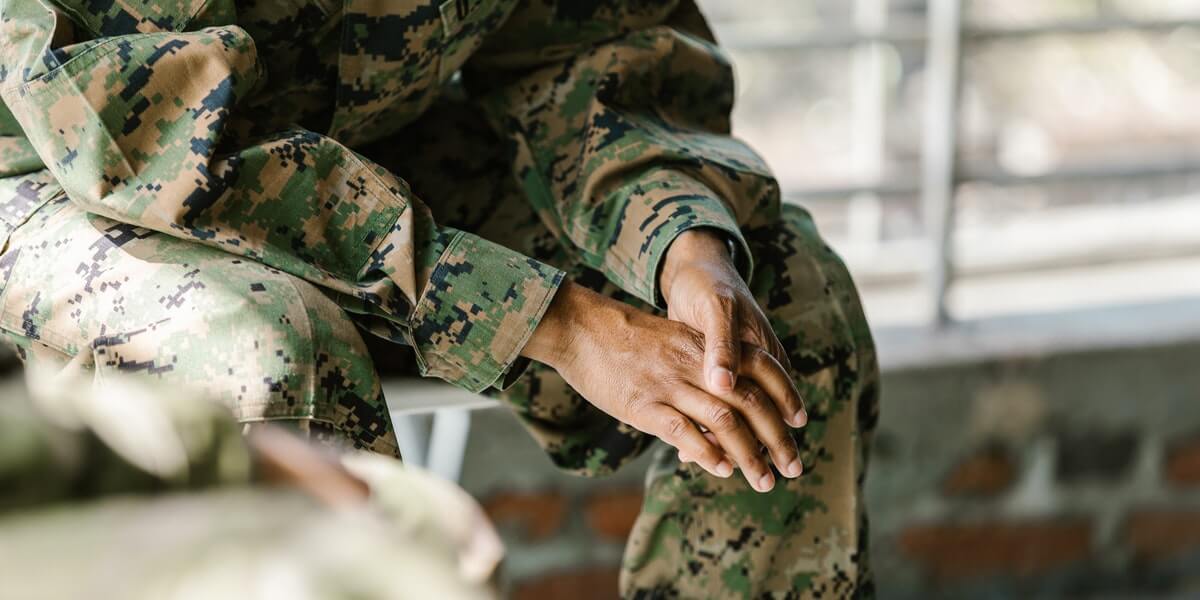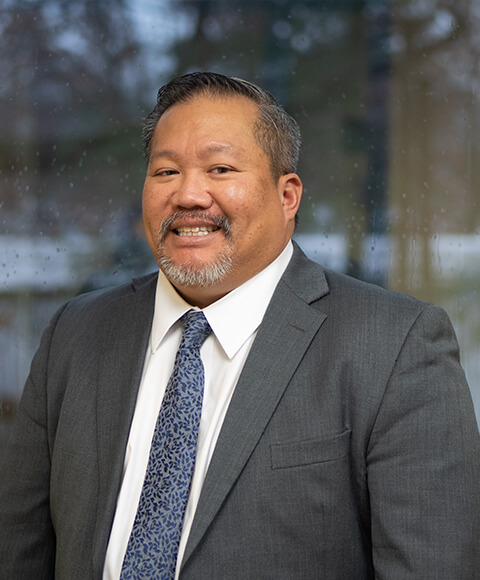It’s hard to pinpoint exactly how long a court-martial will take, but an experienced military lawyer can give you a good approximation of how long your court-martial will take based on several factors. An important question to ask is this: what level of court-martial is the Government pursuing against you? This refers to either a Special Court-Martial or a General Court-Martial. A Summary Court-Martial is the lowest level of court-martial. A Summary Court-Martial generally lasts a single day. Therefore, if you are the accused, you will already know how long the court-martial will take from the preferral of charges to the trial because the date of the trial, or administrative hearing in the case of a Summary, will be scheduled in advance. However, in a Special or General Court-Martial, charges are preferred by the use of a charge sheet, which gives the accused notice of the specific allegations for which they are being prosecuted. A Special Court-Martial is typically preferred for misdemeanor-level charges. Therefore, an accused facing offenses preferred to a Special is generally looking at less than 1 year of confinement time if found guilty and a discharge that results in no worse than a Bad Conduct Discharge (“BCD”) characterization.
You can contact us 24 hours a day, 7 days a week via phone at 8885294543, by e-mail at info@tullylegal.com or by clicking the button below:
Generally, Special Courts-Martial last anywhere from 3-6 months from the date of preferral all the way through the end of the trial. Therefore, once an accused receives the charge sheet, it takes approximately 3-6 months before that individual learns his fate with the panel’s or court’s finding of whether that person is guilty or not guilty.
On the other hand, a General Court-Martial can take several months longer. A General Court-Martial is generally convened with the preferral of felony-level charges. These are more serious offenses where the maximum punishment can be as severe as life in confinement, such as murder and rape, as well as sexual assault, serious assault and battery, or serious domestic violence allegations.
General Courts-Martial generally take 5-8 months from the date of preferral all the way through the trial. Although we typically expect only the most serious charges to be taken to General Courts-Martial, this is not always the case. There are some JAG Military Justice sections at various installations that may hold a different policy of preferring everything to a General Court-Martial, even a simple DWI or AWOL. General Courts-Martial can also be the standard procedure for both misdemeanor-level and felony-level offenses, depending on the charging philosophies of the SJA or of the Convening Authority. It should be understood that the Military does not use the typical State Court terms of “misdemeanor” or “felony,” but State Courts typically view offenses with a punishment of less than 1 year as a misdemeanor and those with a longer confinement time as a felony. One reason General Courts-Martial take longer is because the UCMJ requires an Article 32 Preliminary Hearing to determine whether or not probable cause exists before sending charges forward to trial. The purpose is to ensure that if an accused is going to face the possibility of such severe punishment, the charges against them are, in fact, valid. Like the State Courts’ “probable cause hearing”, the Article 32 Preliminary Hearing serves as that additional layer of protection against unjust punishment handed down against an accused. Also, because General Courts-Martial consist of more serious allegations, counsel will likely have requested the appointment of expert witnesses and consultants. Those experts’ schedules also have to be factored into docketing a trial date. Moreover, the experts’ appointments have to be approved by the Convening Authority.
Also, consider where forensic evidence is involved, as we may see in homicide or rape cases. If the case involves the analysis of DNA or other forensic evidence, then the investigation can take even longer. This is because when DNA or other forensic evidence like blood or other substances are submitted to the USACIL Crime Lab, the evidence falls into a queue with evidence from cases all over the country and even from overseas installations. Proceeding forward with an investigation may be delayed if military law enforcement is waiting on the analysis of DNA evidence or other forensic evidence that was previously submitted by investigators to USACIL. The waiting list of evidence alone can result in the delay of a case by several months. The more serious the offense, the more likely the trial will involve more complexities.
Ernesto C. Gapasin is a Senior Counsel at Tully Rinckey, PLLC, where he practices military law. Ernesto focuses on court-martial defense and separation boards. He has litigated hundreds of courts-martial and trials and continues to obtain outstanding results for his clients. He attributes much of his success to years of experience, solid and disciplined courtroom skills, and a diligent work ethic. He can be reached at info@tullylegal.com or at (888) 968-8217.
Ready to book your consultation? Click below to pay our consultation fee and book your meeting with an attorney today!








